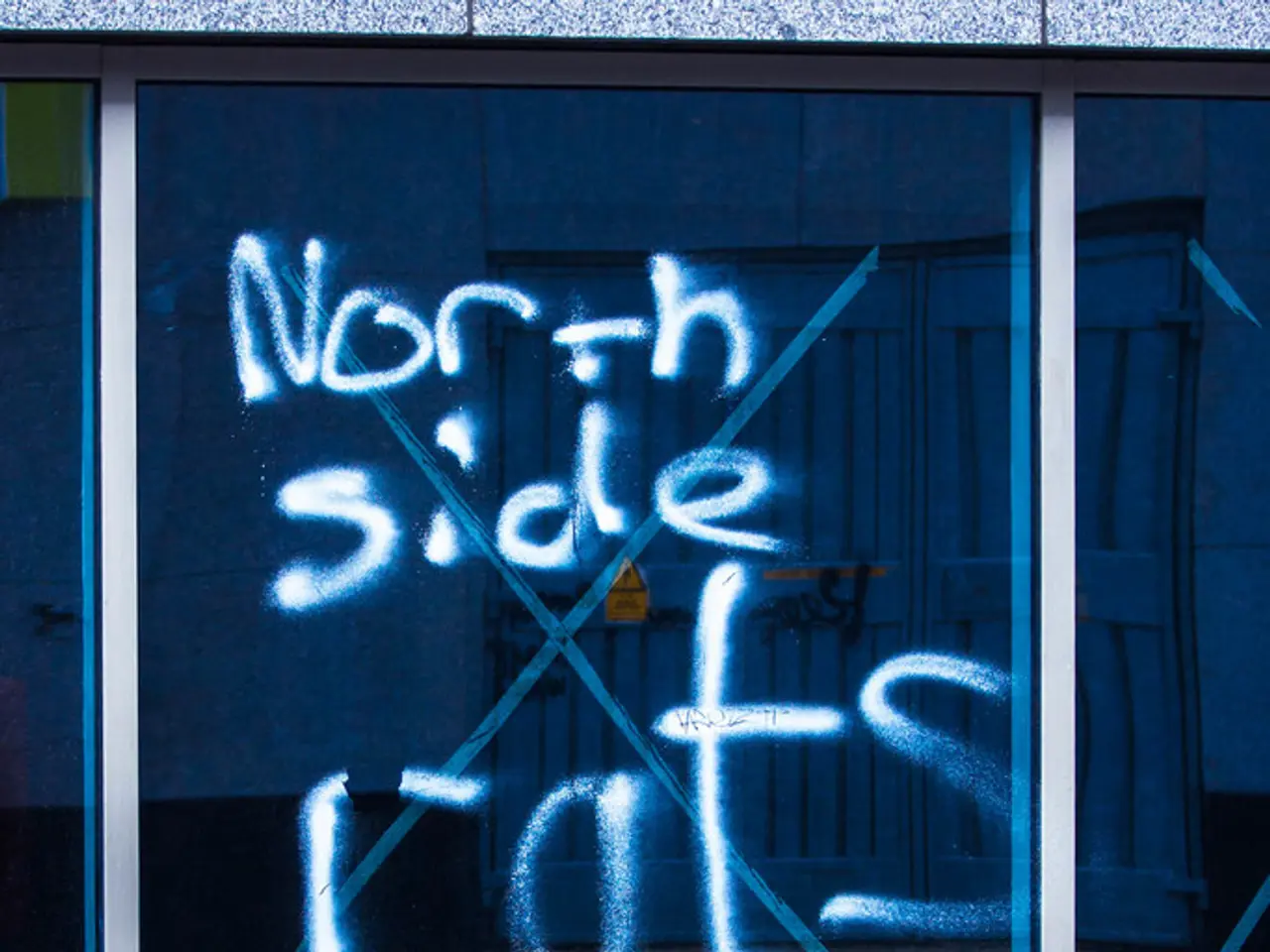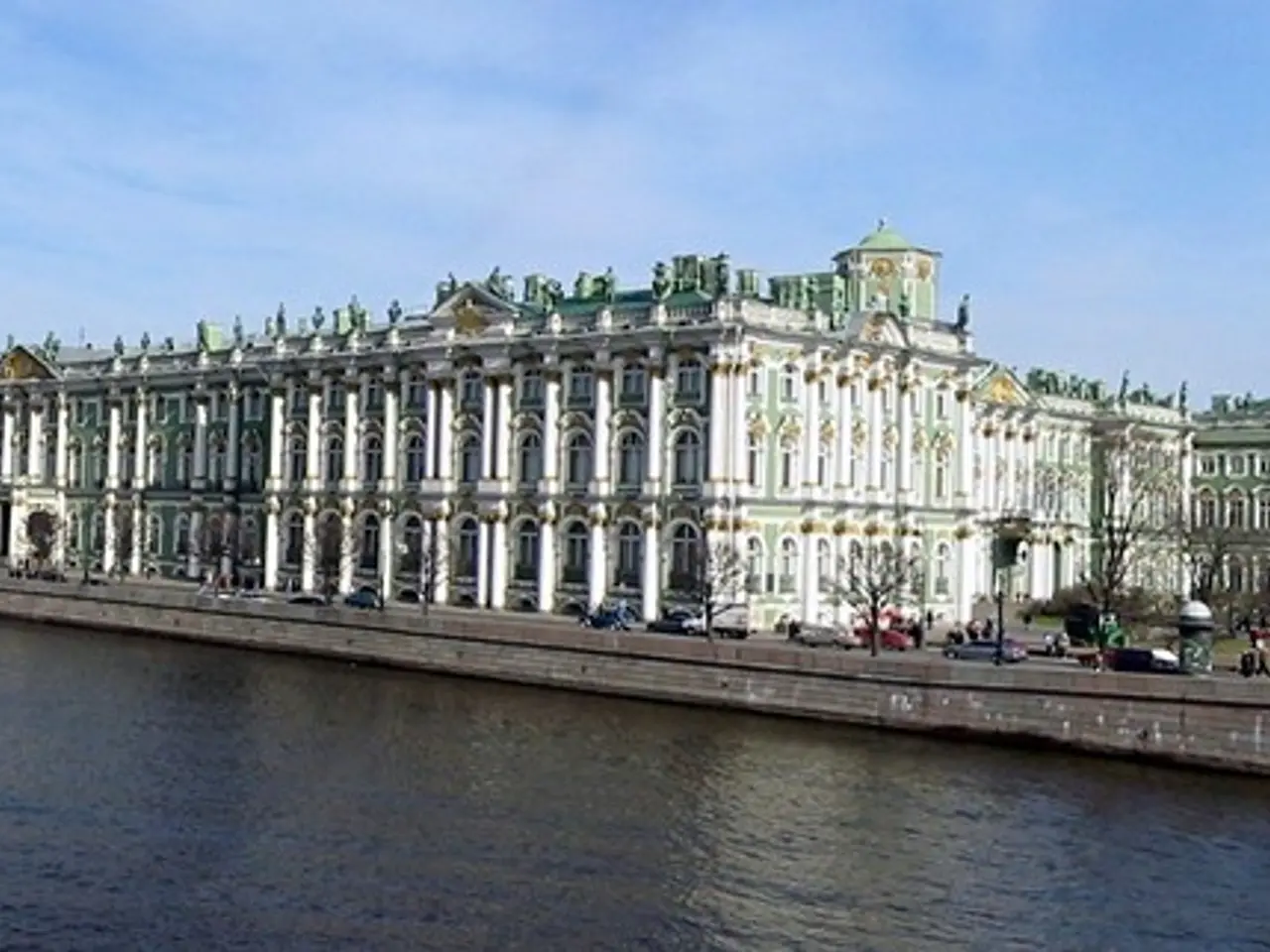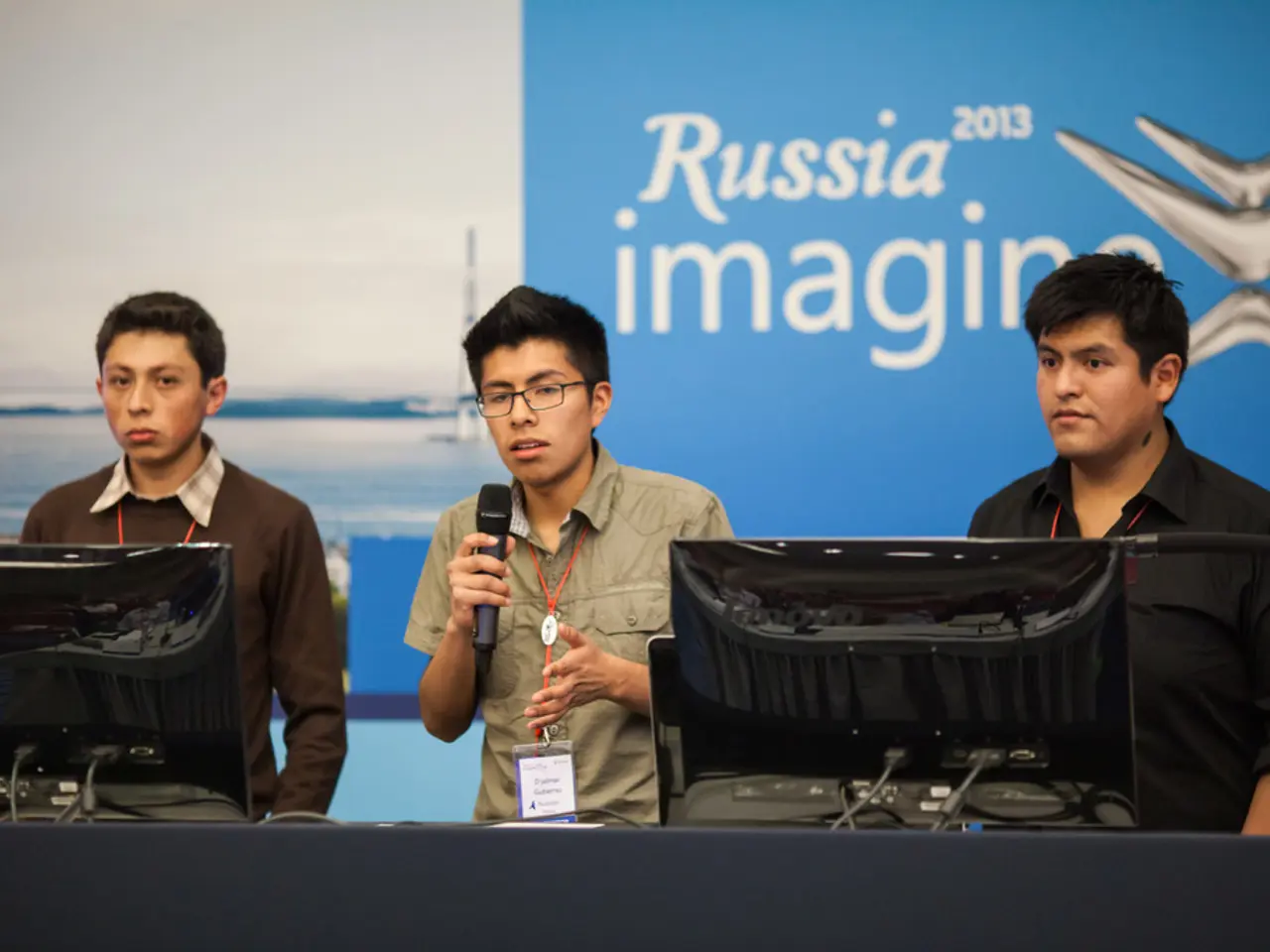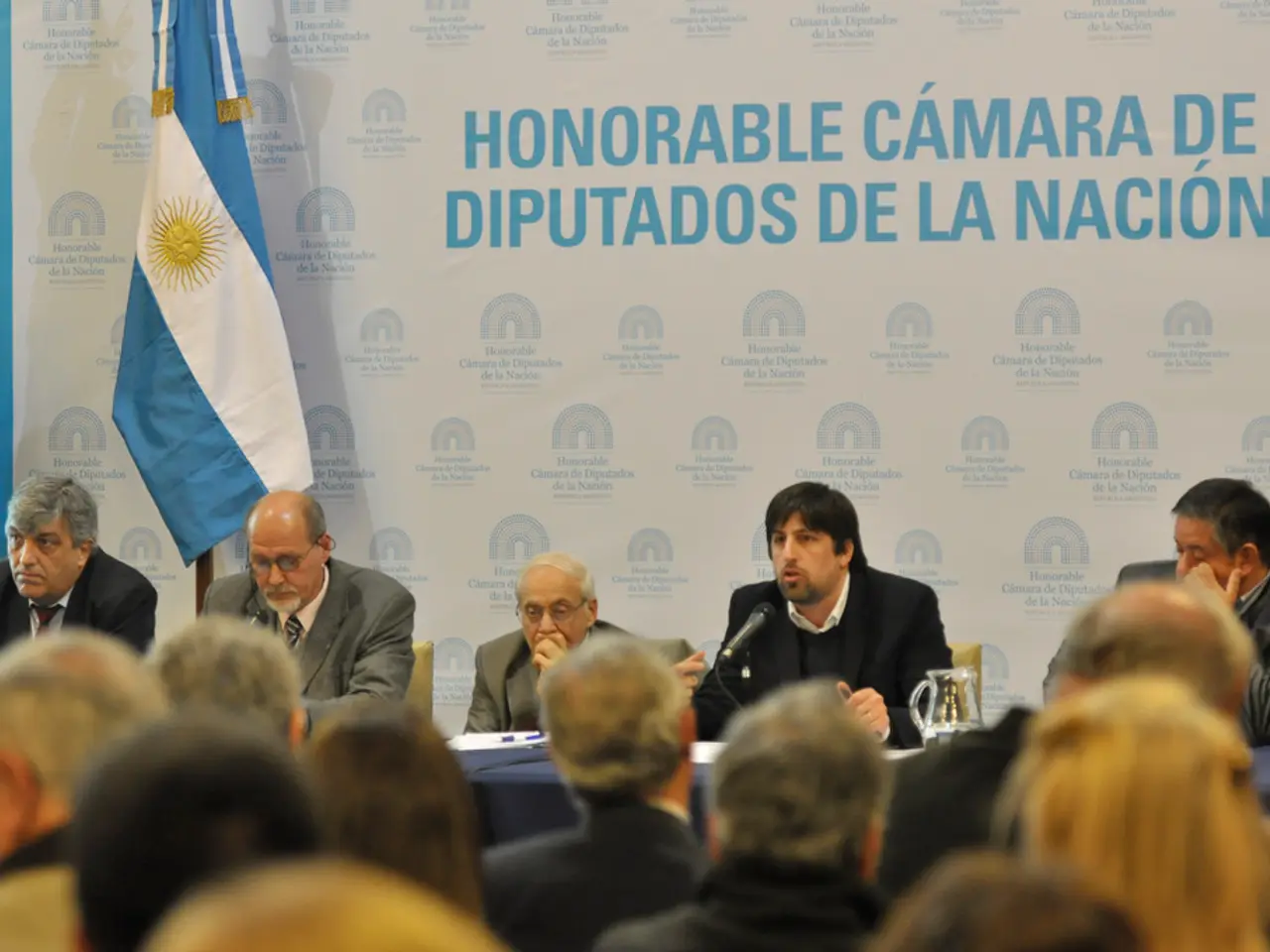Germany-Poland Border Restrictions
In a coordinated effort to address the increase in illegal migration and maintain public order, Poland and Germany have reinforced their border controls. The move comes after a significant spike in uncontrolled migrant flow, with concerns about migrants being pushed back from Germany into Poland and attempts by migrants to enter Poland through Lithuania.
The Polish government, led by Prime Minister Donald Tusk, announced temporary border controls with Germany and Lithuania, effective from midnight on July 7, 2025, and scheduled to last until August 5, 2025, with a possibility of extension. This decision was made to manage the influx of migrants and protect citizens' interests and security.
The German government, represented by Chancellor Friedrich Merz, has offered immediate support for Poland's decision, viewing it as a symmetrical and coordinated approach to stricter migration and asylum policies shared by both countries. This cooperation marks a shift from previous tensions over migrants being pushed back at the border, signifying a joint effort to address irregular migration while upholding the principle of free movement within the Schengen Area, albeit within exceptional circumstances that allow temporary controls for security reasons.
The Polish border controls are being carried out at multiple points along the borders, with 16 checkpoints on the German border and three on the Lithuanian border. In Germany, the controls are being conducted at 52 random border crossings, with a focus on buses, minibuses, and cars with many occupants, as well as vehicles with tinted windows. The German controls, which have been ongoing since October 2023, are aimed at stopping irregular migration.
This border control measure reflects ongoing challenges within the EU regarding migration management while balancing free movement principles with national security needs. The Polish government plans to conduct checks at its border with Lithuania in the coming weeks, continuing the joint effort to maintain border security and uphold the interests of its citizens.
The Polish government's decision to impose temporary border controls with Germany and Lithuania, as announced by Prime Minister Donald Tusk, is a response to the increased general-news issue of irregular migration. This move, backed by Chancellor Friedrich Merz of Germany, is part of a coordinated politics approach to address migration and asylum policies in both countries.





